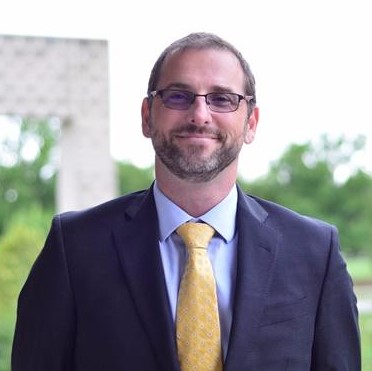The Laboratories of Molecular Anthropology and Microbiome Research (LMAMR) at the University of Oklahoma are, in part, academically descended from Nobel Prize laureate, Svante Pääbo.
In 1992, Dr. Anne Stone was awarded a Fulbright scholarship to study ancient DNA with Svante Pääbo at the Ludwig Maximilian University of Munich. Later, after she obtained her Ph.D., she started a faculty position at the University of New Mexico, and I was very fortunate enough to be her first Ph.D. student. I had the great pleasure in building her first ancient DNA lab at UNM, with her guidance. After several years and adventures, I then had the pleasure building my own labs here at the University of Oklahoma. OU’s LMAMR is the current iteration of that legacy.
It has become common to ponder humanity’s deep genetic ancestry. Svante Pääbo inspired a groundswell of research on the archaic origins of many human genes. The research that Pääbo led and inspired revealed that our genes have many stories to tell and many consequences today. For one current example published in 2020 in Nature, one of the genetic risk factors for severe COVID-19 was inherited from Neanderthals tens of thousands of years ago. Pääbo deserves this prize for well representing the key moment in the history of genetics when ancient biomolecules became a part of cutting-edge science.



